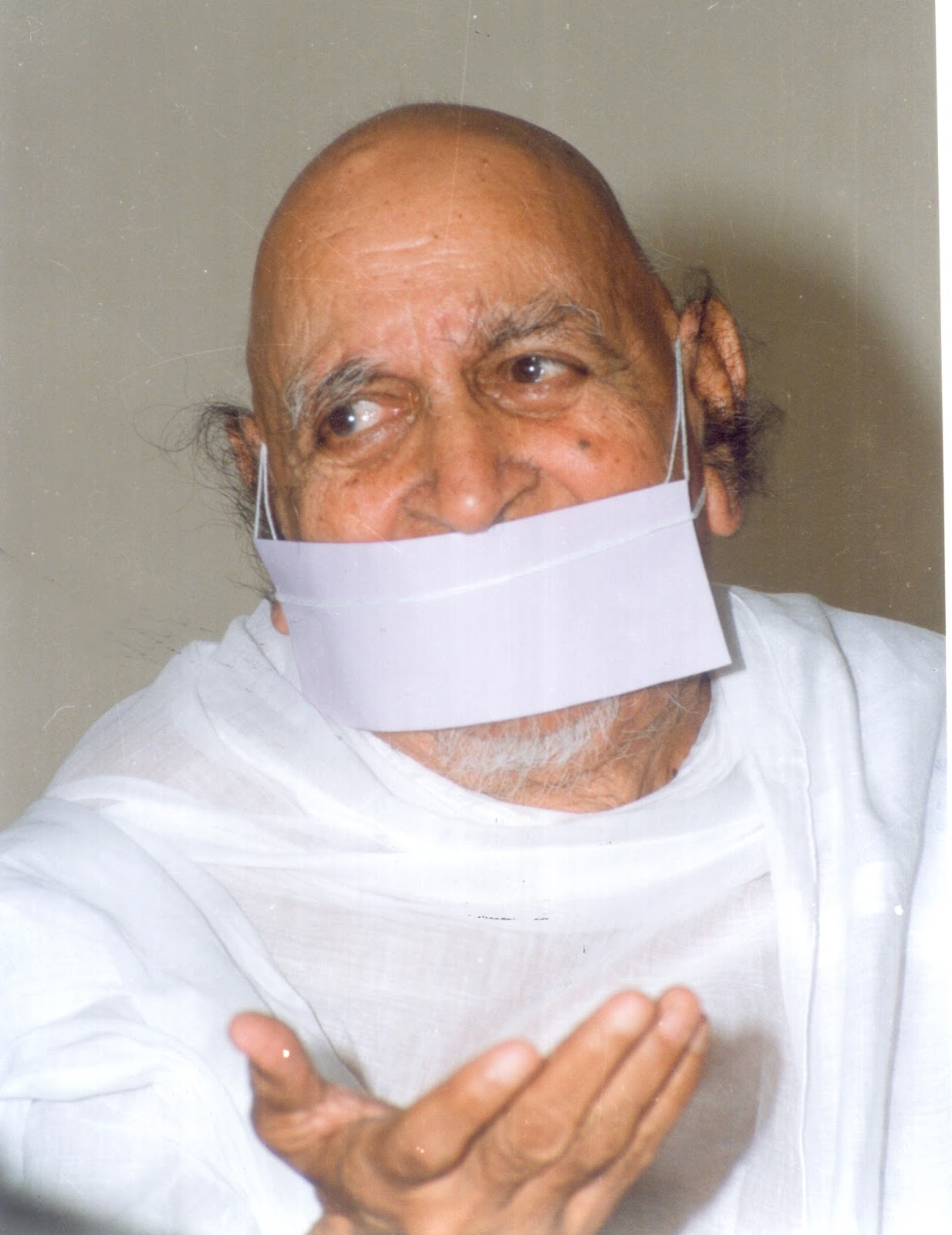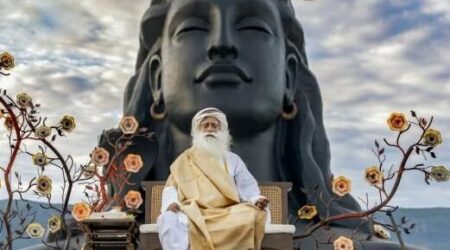By Professor Sitaraman
Anuvrat, means small vow, for Jains – a peaceful religious community in India. There are five important tenets out of which one relates to ahimsa (nonviolence). If we look at the 17 SDG (Sustainable Development Goals) of the United Nations, Ahimsa is at the root of each SDG.
Five tenets are:
Ahimsa (nonviolence)
Satya (Truth)
Asteya (theft)
Brahmacharya (celibacy)
Aparigraha (refraining from accumulating possessions more than needed).
Total number of Anuvrat practiced by Jains is 12, including the above 5.
The entire structure of the UN is based on achieving and promoting Ahimsa, the main pillar of Jainism.
To actively promote the basic concepts of Jainism, the ANUVIBHA organization in New York has joined the UN NGO (Now Civil Society) to reach out to the world community at large, under the inspiring leadership of Dr. Sohan Lal Gandhi based in Jaipur, India. Anuvibha has five representatives including two youths based in the USA.
First of March, every year, is being celebrated all over India, as the founding of Anuvrat, under the commanding supervision of ANUVIBHA. The goal is to inspire people to take a small vow – such as doing volunteer work of one hour per day. India’s unique leader Mahatma Gandhi practiced Anuvrat in his own way.
In Jainism alcohol consumption is not allowed, as it affects the mind.
Time is precious and we must practice Time Management to get best results. meditation will help us to conserve time and energy! Just as we do the budget of our finances, we must similarly conduct the budget of our limited time at our disposal and conduct a Time audit. We all chase Happiness, but we must realize that happiness is within ourselves. We must be happy with what we have and not be unhappy with what we do NOT have. Greed, jealousy, and avarice these are our enemies, and we must avoid them gradually and firmly with the help of Anuvrat.
How to lead a simple, happy and meaningful life?
Adopt the following important commandments gradually and firmly as if Anuvrat:
1.Use time in an economical manner
2.Just as we control expenditure we must control needless ambitious projects
3.We must trust our associates, employees
4.Always be relaxed and not tense.
It is a matter of supreme satisfaction that the Anuvrat movement and in a small way the ANUVIBHA organization has reached out to the world community in many arenas to promote the ideals of the UN’s SDG s and thereby foundational principles of Jainism.

Professor Sitaraman, a Hindu, has an enviable record of TRACT (Teaching, Research, Administration, Consultancy and Training), held CEO positions, taught MBA students, trained students in meditation and yoga. Travelled to more than 30 countries and had been invited to speak at the World Bank, Japan, and Rome among other places. He held multiple positions at the Amity University. He lives with his wife on the Amity Campus in Oakdale, Long Island, NY.
People also Ask: Is Jain a Hindu?
Jainism and Hinduism are two ancient Indian religions. There are some similarities and differences between the two religions. Temples, gods, rituals, fasts and other religious components of Jainism are different from those of Hinduism.












